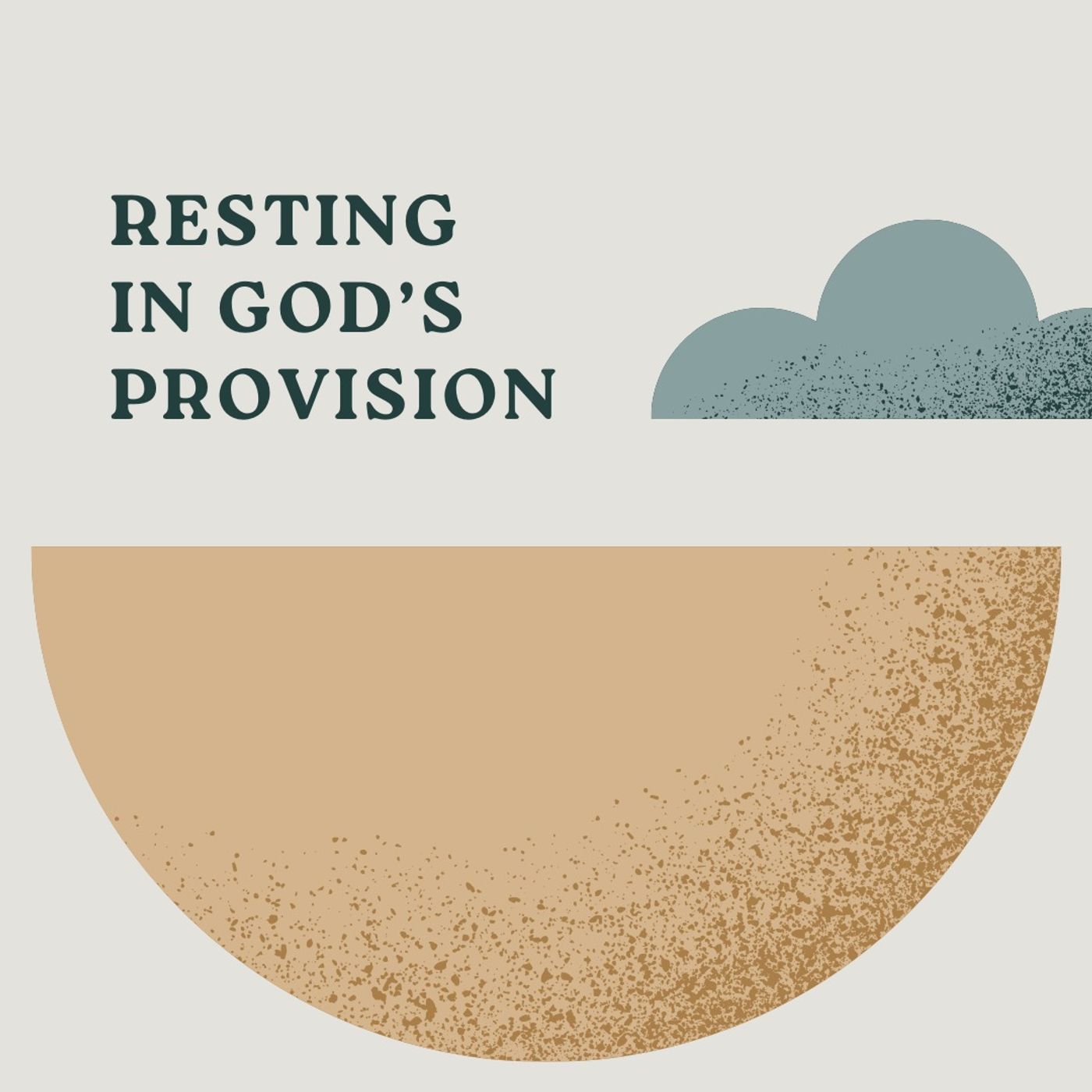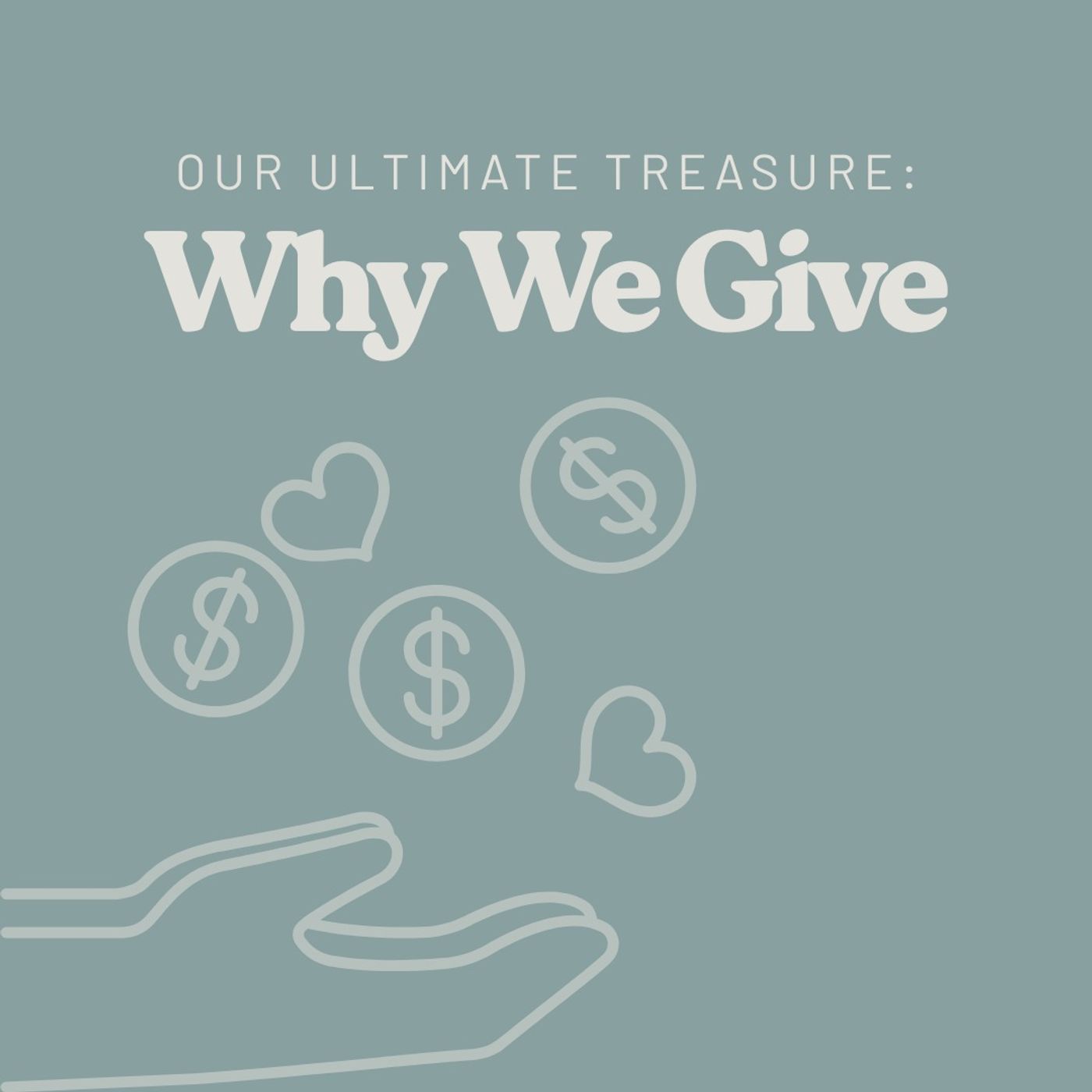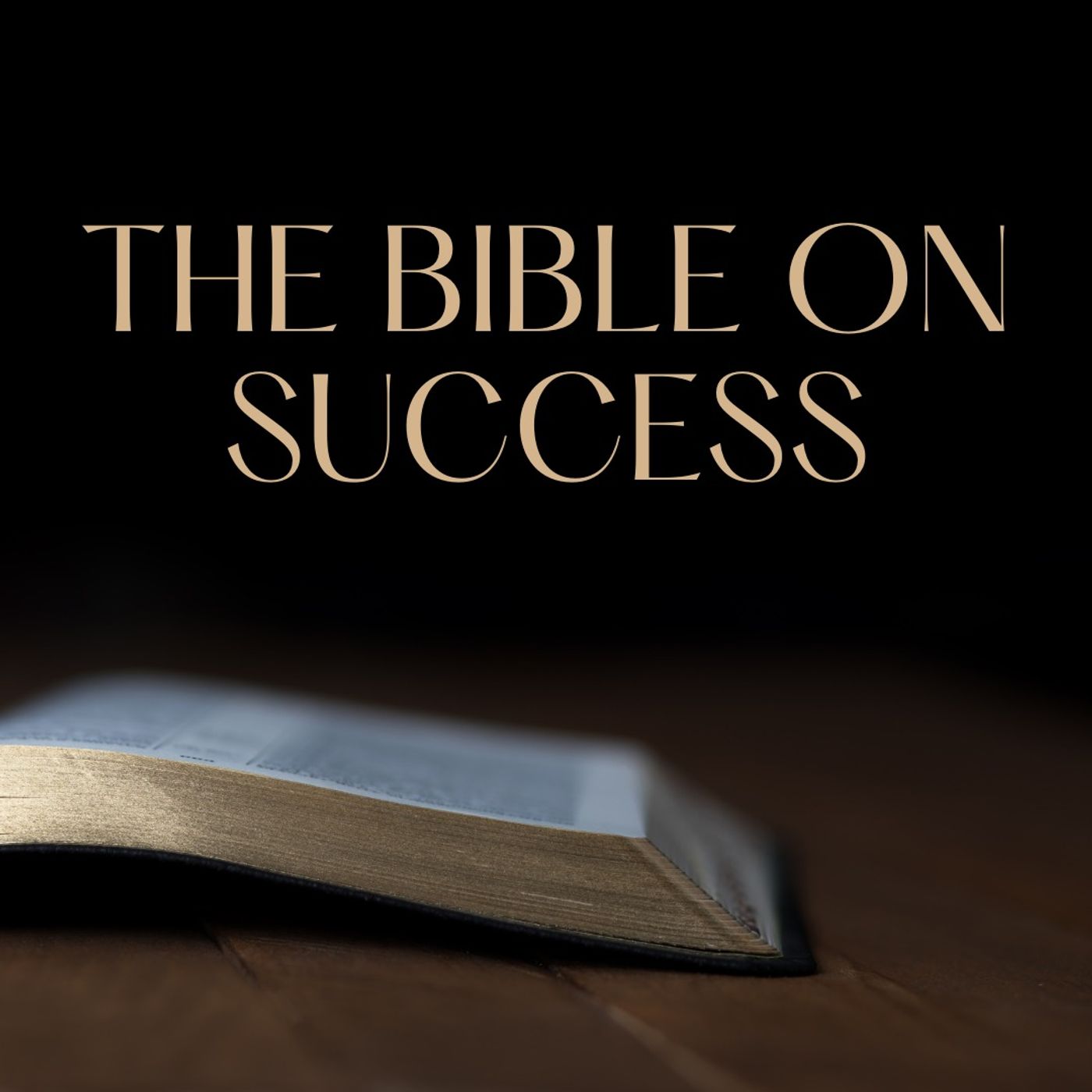Trusting God for Our Daily Bread
Faith & Finance with Rob West
"Do not heap up empty phrases as the Gentiles do, for they think that they will be heard for their many words." – Matthew 6:7 In Matthew 6, Jesus warns against meaningless repetition in prayer. Thankfully, He doesn’t leave us wondering how to pray. Instead, He gives us the Lord’s Prayer—an example of how we should approach God with our needs. But have you ever noticed how often we overlook a key part of this prayer? The request for provision: "Give us this day our daily bread." – Matthew 6:11 This simple yet profound verse reminds us that God is our provider. He wants us to come before Him humbly, asking for what we need. And in a world where self-sufficiency is often celebrated, this truth is more important than ever.

Show Notes
In Matthew 6, Jesus warns against meaningless repetition in prayer. Thankfully, He doesn’t leave us wondering how to pray. Instead, He gives us the Lord’s Prayer—an example of how we should approach God with our needs.
But have you ever noticed how often we overlook a key part of this prayer? The request for provision:
"Give us this day our daily bread." – Matthew 6:11This simple yet profound verse reminds us that God is our provider. He wants us to come before Him humbly, asking for what we need. And in a world where self-sufficiency is often celebrated, this truth is more important than ever.
God Is Our Provider
Jesus’ words in Matthew 6:11 serve as a powerful reminder that we depend on God for our most basic needs—starting with food. It’s easy to take this for granted, especially in a time and place where food shortages are rarely a daily concern.
But do we truly recognize that all provision comes from God? Do we regularly thank Him for our meals and daily necessities? Or do we fall into the trap of thinking that our own efforts—our jobs, savings, and financial planning—are what sustain us?
It’s only when we face scarcity—when food, money, or security seem uncertain—that we remember our true dependence on God. But Jesus calls us to recognize this truth every day, not just in times of crisis.
The phrase “Give us this day our daily bread” has a deeper meaning than just food. It speaks to all our needs—physical, emotional, and spiritual. We hunger for more than just nourishment. We long for peace, love, purpose, and meaningful relationships.Jesus teaches us to bring these needs to God in prayer, acknowledging that only He can truly satisfy us. The Lord’s Prayer is not just about survival—it’s about trusting that God will provide everything we need, both physically and spiritually.
The Danger of Self-Sufficiency
For those of us living in relative abundance, the idea of asking for bread might feel distant. Unlike Jesus’ original audience, who often faced food insecurity, we may not think about whether we’ll eat tomorrow. In fact, for many, the challenge is having too much rather than too little.You Might Also Like

January 26, 2026
Resting in God’s Provision
We often think stewardship is about doing more. But sometimes, good stewardship begins with stopping. Rob West explains...

January 26, 2026
Our Ultimate Treasure: Why We Give
Why do we give? Many Christians would answer simply: because Scripture tells us to. But if giving is only an obligation,...

January 23, 2026
The Bible On Success
What does the Bible say about success? Rob West warns your idea of success may be different than God's!...